
RSPH Level 2 Award in Tackling Gambling-related Harm
- Available at 11 centres
- Level 2 | Ref. 610/5155/X

RSPH Level 4 Award in Suicide First Aid
- Available at 1 centre
- Level 4

RSPH Level 3 Award in Mental Health First Aid
- Available at 1 centre
- Level 3 | Ref. 610/1595/7
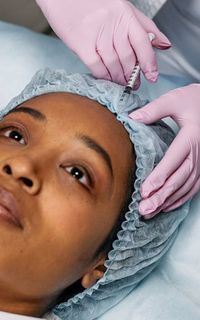
RSPH Medical Aesthetics Certificate: Understanding the safe use of botulinum toxin in cosmetic procedures
- Available at 3 centres
- Level 4
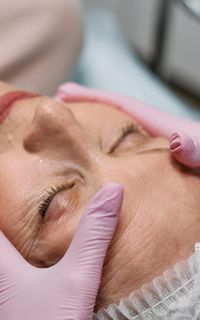
RSPH Medical Aesthetics Certificate: Understanding the safe use of dermal fillers in cosmetic procedures
- Available at 5 centres
- Level 4

RSPH Level 3 Certificate in Social Prescribing
- Available at 9 centres
- Level 3 | Ref. 603/7126/2

RSPH Level 4 Diploma for Oral Health Practitioners
- Available at 5 centres
- Level 4 | Ref. 603/6806/8

RSPH Level 2 Award for Proficiency in Poultry Meat Inspection
- Available at 6 centres
- Level 2 | Ref. 603/5305/3
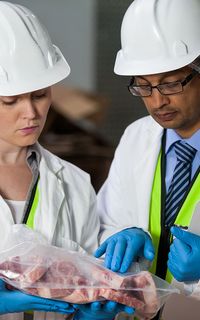
RSPH Level 2 Certificate for Proficiency in Poultry Meat Inspection
- Available at 3 centres
- Level 2 | Ref. 603/5304/1
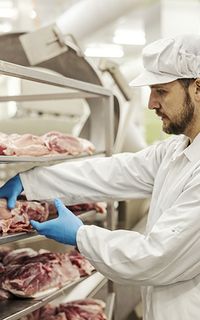
RSPH Level 4 Diploma for Proficiency in Meat Inspection
- Available at 4 centres
- Level 4 | Ref. 603/7562/0
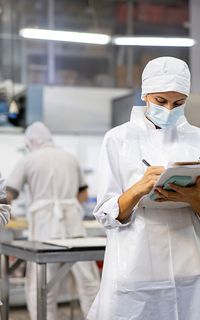
RSPH Level 4 Award for Proficiency in Pre-Slaughter Inspection of White Meat Species
- Available at 3 centres
- Level 4 | Ref. 603/7563/2
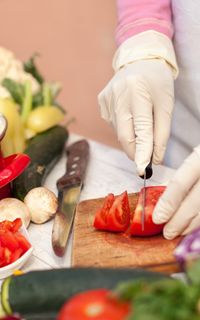
RSPH Level 4 Award in Nutrition
- Available at 24 centres
- Level 4 | Ref. 600/6873/5
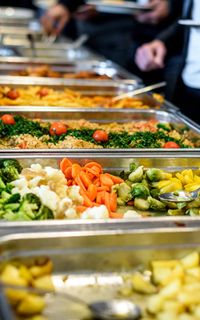
RSPH Level 4 Certificate in Nutritional Food Service Providers
- Available at 4 centres
- Level 4 | Ref. 610/1645/7

RSPH Level 4 Certificate in Nutrition for Physical Activity and Sport
- Available at 22 centres
- Level 4 | Ref. 600/6963/6


